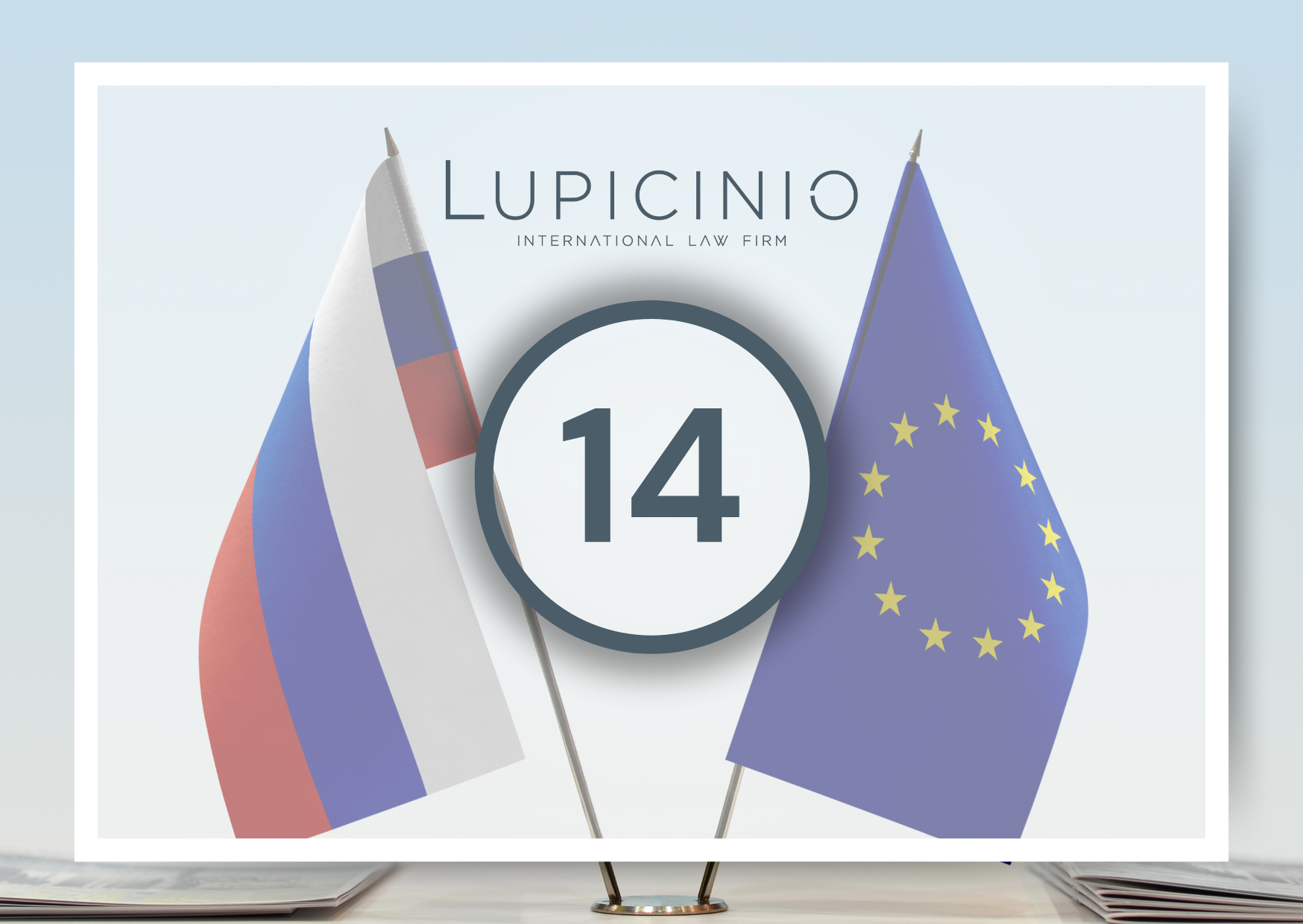We knew the Achmea Case (C-284/16 ECLI: EU: C 2018) had ruled that the Bilateral Investment Treaties (BIT) between Member States of the EU were incompatible with European Legislation. They are prohibited by the Treaties because they are not considered real Tribunals, cannot propose preliminary rulings and that their decisions constitute jurisprudence parallel to the CJEU.
With barely any foundation, it excluded the Commercial Treaties from this prohibition. And, at first, it appeared not to comment multilateral Treaties as the Energy Treaty.
Now regarding the “Communication Proposal of the Commission to the Parliament and the Council” (COM /2018. 547/2) we can take the case one step further. The EU has established a definite criteria for burying any Investment Treaty that may occur between Member States. This includes the Energy Charter Treaty. The institution understands that the fact that the EU signs a Treaty with the Member States absolutely does not amplify or restrict the profound interdiction to these in according investment protection systems that constitute an alternative judicial or arbitral order to the exclusive jurisdiction of the CJEU.
It is important to highlight that the Communication refers exclusively to intra- EU investment treaties, and therefore does not include investments carried out by community subjects (citizens, European Companies) in third countries, or, consequently, investors from third countries in the EU.
With regard to Treaties, (bilateral or multilateral) by which any EU investor carries out their operation within an EU Member State, it is established that they can in no way resort to arbitration. As a result, even the arbitrations of ICSID or UNCITRAL, are tainted if they occur between intra-Community investors.
The content of the Communication adds nothing new. Nevertheless, it highlights the importance of assuring that the investor is protected, including their freedom of enterprise and the right to property. Furthermore, within a Social State, the states cannot balance those protective investment rights with the public interest requirements that conclude by eclipsing and demolishing even those supposedly fundamental rights.
Therefore a balance between private and public interests must prevail. However, it falls exclusively to EU Members to apply it through their judicial systems. To do this they must trust that intra-Community investors have the ability to act as “informed investors” as they understand what investing in European countries entails. In addition they understand that public goods, such as the environment, labour protection, gender equality, non-discrimination, culture and all public goods have implications. Therefore they know in advance that Member States can modify the instructions given to investors, even if they have signed a multilateral Treaty, like the Energy Charter, also signed by the EU.
Subjectively mixed investments – those which are carried out in part by investors of a Member State, and in part by a third party investor – are excluded from this Communication. Nor will this be resolved if in the end these rules were applied to new Arbitration Tribunals as foreseen in the Treaty with Canada (CETA) or with Singapore, or with the recently signed agreement with Japan. This creates an element of doubt, which means we will have to await a new Ruling from the CJEU.
For arbitration affairs in Spain, especially in topics related to alternative energies, the Communication clearly allows it to ignore the Arbitrations in which it is being condemned. In fact, in one case in a Swedish Court, Spain succeeded in stopping the Stockholm Chamber from carrying out arbitration proceedings against it.
It is not clear what will come of those goods that the Spain possesses abroad. What is clear, however, is the resolute and decision of European institutions to prevent any and all alternative justice to the jurisdictional monopoly of the CJEU.
It so happens that, just as it occurs with every country that has been condemned by international investment arbitration, the national reaction is always the same: shoot the messenger. In this case, the arbitrator that brings the bad news is bound by the old maxim tu patere legem quam ipse fecisti.
By Jose Eugenio Soriano





